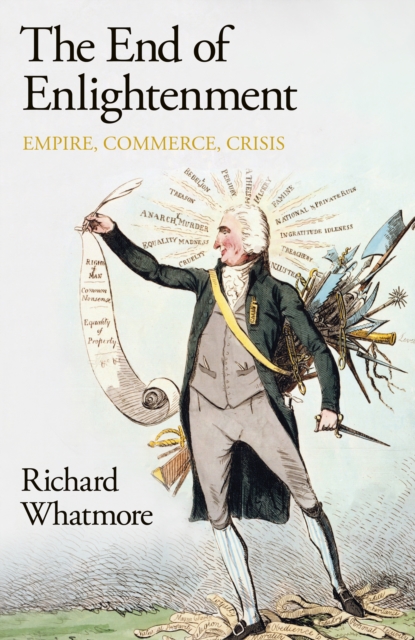
In The End of Enlightenment, Richard Whatmore explores why, after considerable initial success, the Enlightenment project was seen to have failed by a number of contemporary figures, including David Hume, Shelburne, Catherine Macaulay, Edward Gibbon, Edmund Burke, Jacques-Pierre Brissot, Thomas Paine, and Mary Wollstonecraft.
Although some of these people differed politically, there seems to have been broad agreement that Enlightenment ideals had been gradually superseded as individual nations’ policies and activities began to be steered by commercial interests intent on expanding markets through war or imperialism. In addition, having initially been supported by many proponents of Enlightenment, the bloody aftermath of the French Revolution and the subsequent rise of Napoleon Bonaparte were to put many off the idea of Enlightenment, one outcome of which was the rise of Romanticism.
Reading this book, I was constantly conscious of the parallels between the end of the Age of Enlightenment and our current political climate. Indeed, as Whatmore states early in this book:
Our predicament today is very much like that of the eighteenth century in the sense that they too saw themselves to be on the edge of a precipice. If the fall came, civilization would end, liberty would be lost, poverty would abound and new forms of slavery would arise. The eighteenth century was not the origin of our present discontents, but the parallel is clear and important.
A grand vision brought down by commercial interests: a sobering read.
- Buy this book from Bookshop.org (UK) and help tax-paying, independent bookshops.
- Buy this book from Amazon.co.uk
- Buy this book from Amazon.com

Leave a Reply